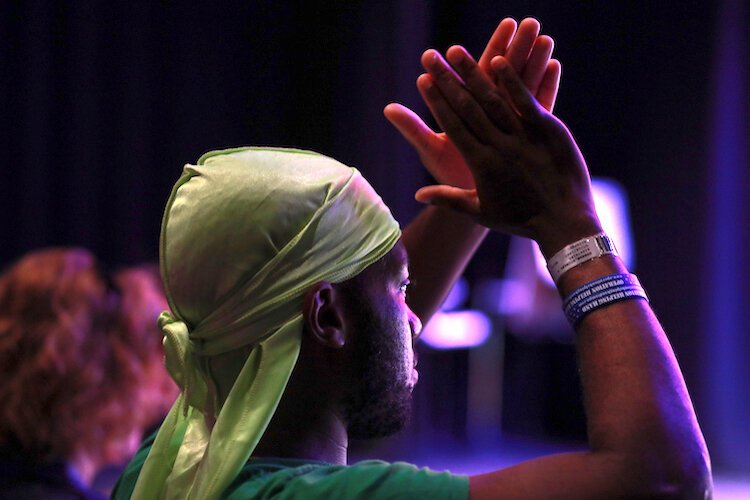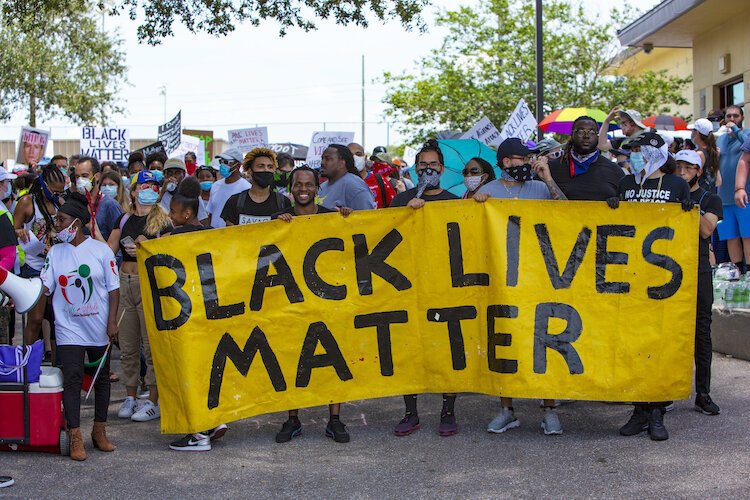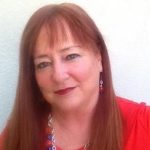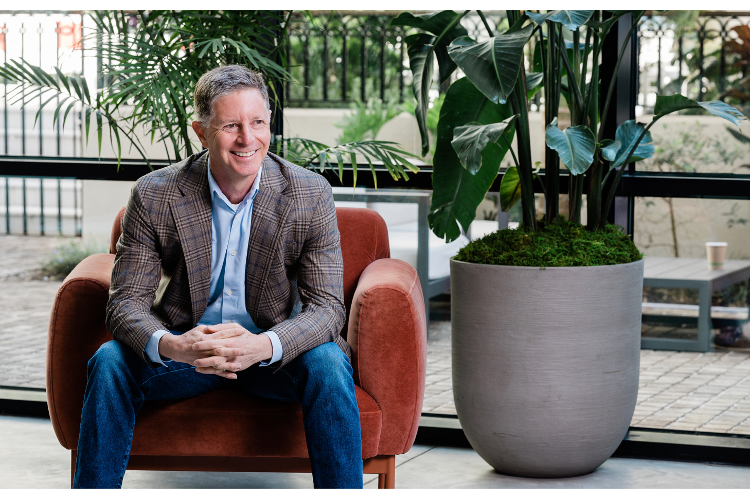One year later: Local businesses, nonprofits sharpen focus on equity, diversity, inclusion
The local march toward equality measures incremental success as difficult conversations and self-examinations take place around Tampa Bay.
A year after Black Lives Matter protests took to Tampa Bay Area streets following the murder of George Floyd by Minneapolis police, many public and private organizations say they have recommitted to stronger and healthier plans for equity and inclusion though most acknowledge there is still much room for improvement.
“We wanted to revisit the issue and make sure, as an institution, we were making a true commitment to anti-racism and how we present ourselves in the community,” says Alice Santana, Interim Director of Education and Community Engagement for The David A. Straz Center for the Performing Arts in Downtown Tampa (The Straz). “Our team created a 10-point action plan on how to keep moving forward. We branded it IDEA, for Inclusion, Diversity, Equity and Access. All of our programming and discussion has [been examined through] an accessibility lens.”
The Straz, like other local businesses and organizations, is taking a hard look internally and externally to better embrace and reflect the region’s diverse population.
The Straz crew has been creating working groups and working with its board to analyze what it does and how it does it, when it comes to race and inclusion.
“The first thing we did was look at the makeup of our board and how we can continue to diversify it and make it a reflection of our community,” Santana says. “We started a virtual town hall series back in July [2020] hosting monthly Zoom conversations live on Facebook for people to view. Each discussion has a different topic related to the Tampa Bay Area and people of color.”
One example of that is looking at local jazz artists and the rich history that musical genre has here, she says.
The largest and perhaps best known performing arts center in Florida and in the Southeast U.S. has also engaged a consultant to help it create new criteria to begin its board diversification. “We have some seats available on the board this year,” so the timing is right, Santana says.
The center is also working with its own staff to ensure that everyone feels represented. “They do feel they have a voice, although we are still working semi-remotely. We are still able to connect with our staff and they are helping us look at books or films to educate ourselves and connect with the community.”
As for its programming, The Straz is taking a fresh look at it and the performers it highlights. “We have been doing a lot of that with our Arts Legacy series, which, each month is centered around a different theme or genre.”
That might be Central and Eastern European music, the Bridges of Rhythm, on Latin and Central American music or local jazz performers.
“We have also highlighted Indian and done an Asian Festival,” Santana says. “We our looking in our community and making sure we are representing it on our stages.”
The performing arts center’s overall goal is to make sure in everything it does that the community knows it reflects them, she says. “It is the community performing arts center and we are with them when these things happen.”
Community Tampa Bay leads change
Community Tampa Bay, an anti-discrimination nonprofit active under different names since the 1940s, has been working with more businesses and government agencies interested in leaning into equity, diversity, and inclusion in the workplace since Black Lives Matter protestors took to the streets last summer.
Community Tampa Bay CEO Tammy L. Briant, JD, says many organizations are compelled to do more in the equity arena since Floyd’s murder.
“We have been increasing professional education and doing everything from anti-racism workshops to listening sessions to get a pulse on what has been taking place in an organization. We are supporting officers hired by organizations to lead these initiatives and guiding committees into new spaces.”
In working with businesses, Community Tampa Bay holds coaching sessions for C-suite executives so they can learn how to diversify their boards and workforces and respond better to the needs of black and brown employees.
“We’ll do an analysis on where their organization stands in terms of diversity and identify challenges or hurdles to recruiting and retaining black and brown individuals,” Briant says. “Compensation is something we have talked about, as well. We have made some recommendations around things like if you are hiring someone with language skills, compensate them for it if they are utilizing it.”
Community Tampa Bay has seen examples of disparate treatment of some black and brown individuals, Briant says. “Some might be facing discrimination in their work that their white counterparts do not even realize. We’ve been working with an organization that has delivery drivers and the black drivers face requests for additional verification of who they are and the organization they work with.” This happens, while white drivers are welcomed and not questioned.
That particular organization made the decision not to work with certain partners in the future due to that type of behavior.
“Sometimes black and brown workers don’t feel comfortable to tell,” Briant says. “Some of the work we do is building that culture of trust so people are speaking to each other and the workers are sharing these incidents as they occur.”
And, the University of South Florida, one of the more diverse student bodies in the state, is among the educational institutions that also is heavily leaning in on these issues. Its Diversity, Inclusion & Equal Opportunity office is now in the process of being restructured to manage equal employment, Title IX and Disability ADA compliance.
USF Tampa is ranked 534 out of 3,790 U.S. colleges and universities when it comes to the racial/ethnic diversity of the students.
Elizabeth Horge-Freeman, PhD, the interim VP of Institutional Equity at USF says on the program’s website that the changes are an opportunity for the office to “focus more on diversity, equity, and inclusion initiatives and work more proactively to establish outreach initiatives both university and community wide.”
Related stories:
- Video story: Designing communities for health equity
- Tampa Bay Area Blacks face stark economic inequities, adversity
- USF addresses systemic inequities using data from student, faculty insights
- Biotech pioneer Amgen supports local STEM equity, racial justice, COVID-19 relief efforts




















